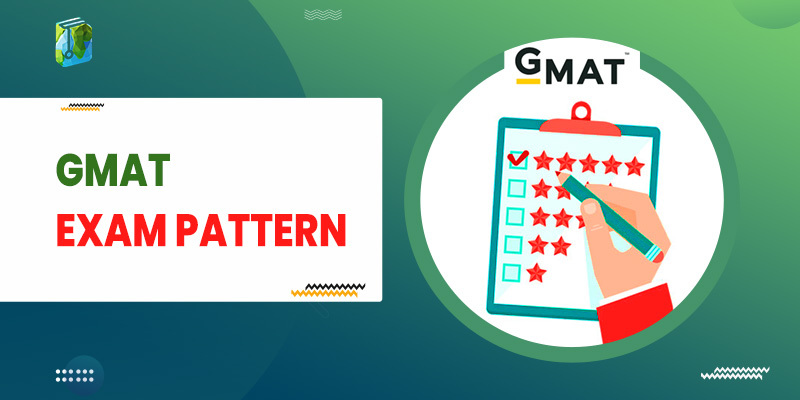The Graduate Management Admission Test, or GMAT, is generally taken by candidates who wish to study in the top Business schools and colleges. This test gauges the competitors based on their Integrated Reasoning Aptitudes, Quantitative Abilities, Verbal Aptitudes, and Analytical Writing Assessment. This test’s fascinating structure and layout makes it extremely intense and energizing simultaneously. Because of the course structure of this test, a few competitors regularly get perplexed regarding which test will satisfy their MBA necessities better: GMAT or GRE. They must understand that all the renowned business colleges utilize the GMAT score to assess an applicant’s profile and finish up their admission process. Here, we will discuss the GMAT Eligibility in detail.
In India alone, approximately 3,00,000+ aspirants appear for the GMAT exam. Being accepted around the world for assessing MBA aspirants, this exam stirs significant confusion among the students regarding whether or not are they eligible to appear in the exam. Therefore, to simplify this perplexity, we have curated a descriptive list of eligibility criteria approved by the GMAT’s official body, Graduate Management Admission Council (GMAC).
GMAT Eligibility Criteria
GMAT Age Limit
- There is no upper age limit for the GMAT exam. To meet the minimum age requirement, candidates must be at least 18. Notably, individuals aged 13 to 17 can also take the exam if they obtain written approval or consent from their legal guardians or parents, often called a No Objection Certificate (NOC).
GMAT Language Requirements
- GMAT eligibility in terms of language does not mandate candidates to be from an English-medium school or college. However, since the exam is in English, aspirants must have a basic understanding and fluency. Proficiency in English is crucial to navigating the challenging and intricate questions posed in the exam.
Academic Qualifications for GMAT 2024
- The GMAC, responsible for organizing the GMAT, does not specify any academic eligibility criteria for the exam. Candidates are not required to have a minimum qualification or degree. While many test-takers are final-year undergraduates or working professionals seeking management courses, others outside these categories can still participate. It’s important to note that GMAT eligibility criteria differ from MBA college admissions, where an undergraduate degree is often a prerequisite.
GMAT Score Eligibility
- No specific academic scores or grades are required for the GMAT 2024 exam. There are no minimum cut-off marks required. However, candidates should know that B-schools may have their score eligibility criteria, which should be checked when applying.
Work Experience for GMAT
- Unlike B-school admissions, work experience is not a prerequisite for the GMAT. While relevant work experience can be advantageous when applying to B-schools, there are no specific work experience eligibility criteria for the GMAT.
Other GMAT Eligibility Restrictions
- GMAC asserts that anyone, regardless of gender, age, nationality, religion, academic background, etc., can take the exam without discrimination. This inclusivity extends to differently-abled candidates, who can request special exam accommodations supported by confidential medical documents, as GMAC’s privacy statement outlines.
People are also reading:
- GMAT Syllabus 2024
- GMAT Preparation Tips 2024
- GMAT Result 2024
- GMAT Exam Pattern 2024
- GMAT Exam Dates 2024
- GMAT Practice Papers

